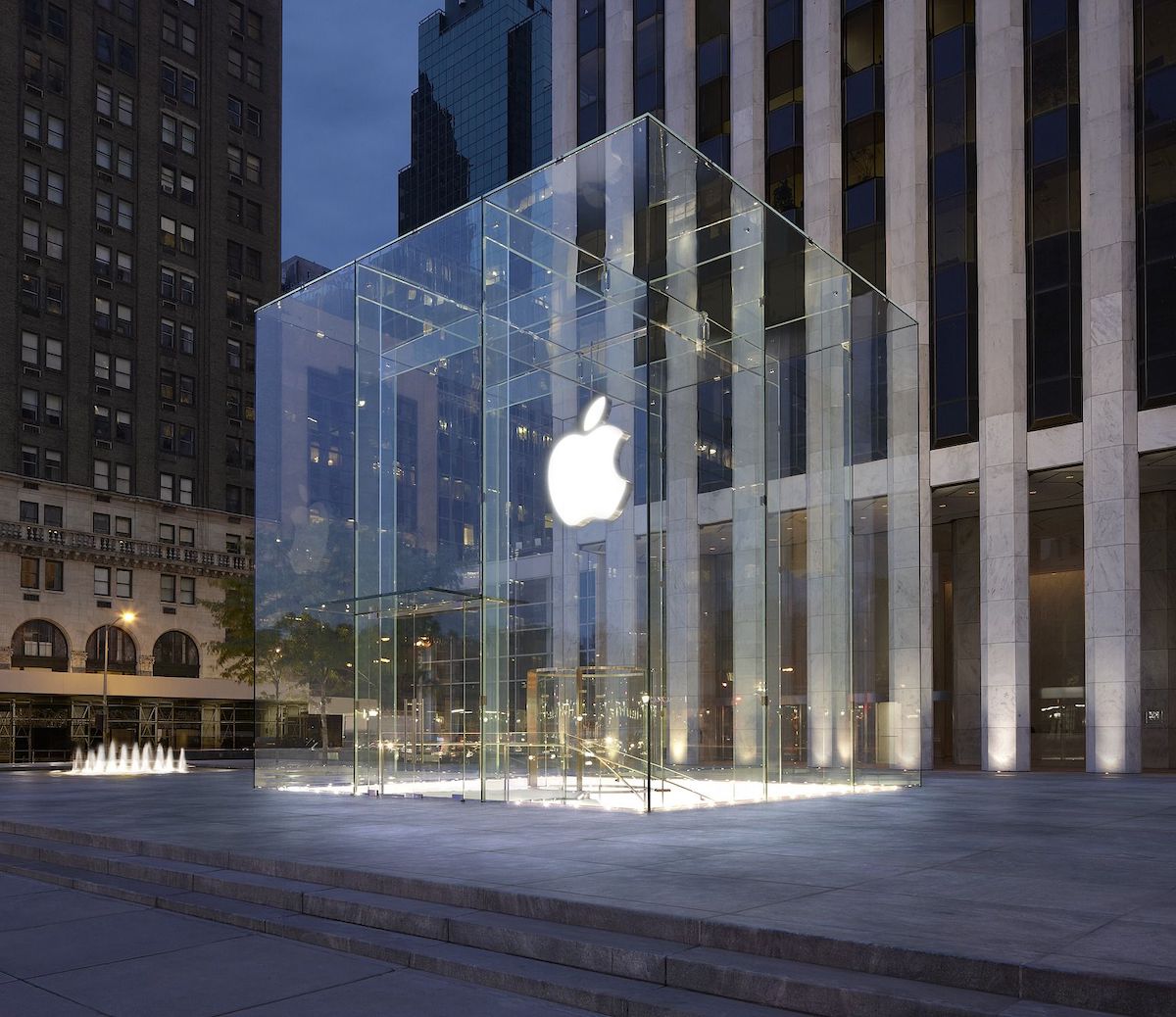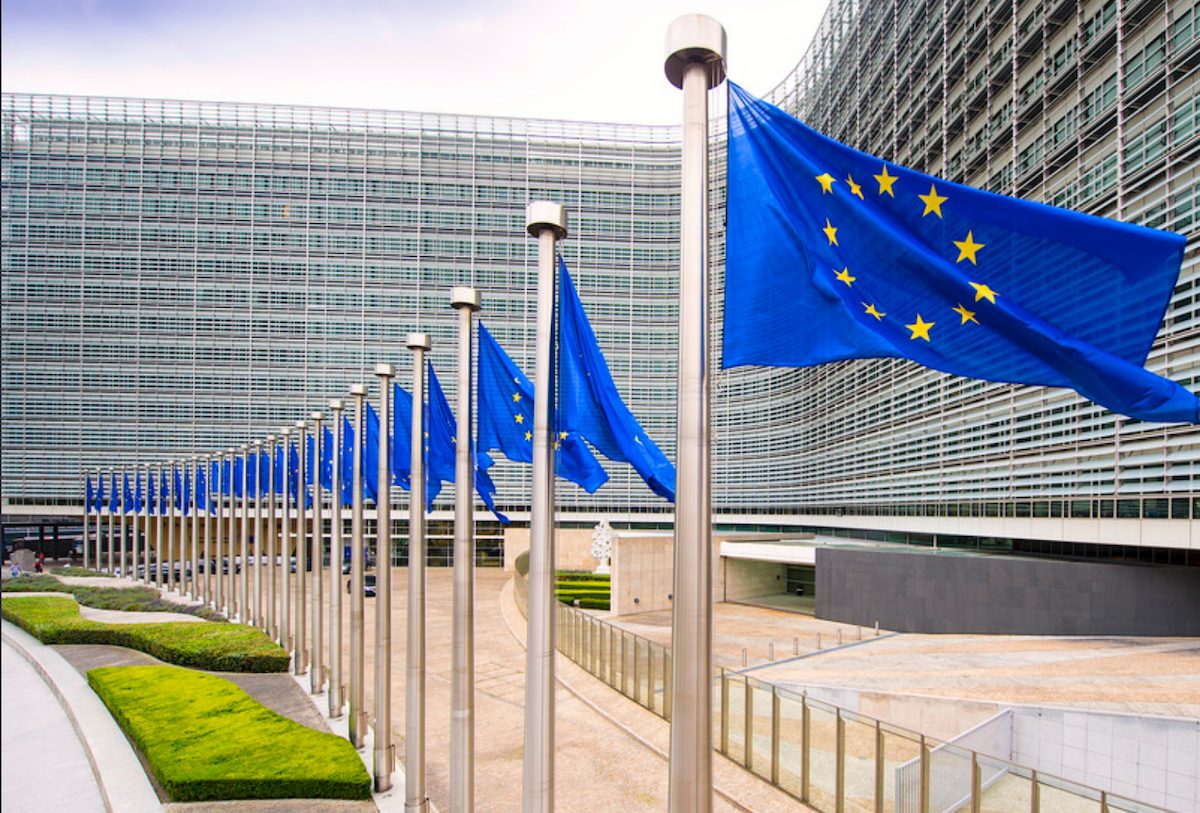In its appeal against the court’s ruling in favor of Apple’s tax dispute, the European Union claims that EU lower court judges used “contradictory reasoning” when rejecting $14.9 billion liabilities to be paid by the company’s Irish units. Now the EU filing in the General Court seeks to get the judgment overturned and wants the case to be referred back to General Court for reconsideration.
In 2016, European Union Competition Commissioner, Margrethe Vestagar began her crackdown on Apple’s deal to pay lower taxes in the EU. However, to her dismay, in July 2020, the EU lower court ruled in favor of Apple stating that the EU failed to substantiate its allegation that the company’s Ireland tax deal broke state laws to gain “unfair advantage”. With a stronger argument this time, Vestagar is looking to make the Cupertino tech giant pay the massive liability money.

EU challenges Apple’s tax structure in the region
As per the published appeal, the EU argues that the court wrongly interpreted the lack of employees at two of Apple’s Irish Units and the company’s responsibility for intellectual property on iPhone and iPad sales in the region.
“The judgment under appeal, the General Court misinterprets the Decision by concluding that the primary finding of advantage relied solely on the lack of employees and physical presence in the head offices of ASI and AOE and did not attempt to show that the Irish branches of ASI and AOE in fact performed functions justifying the allocation of the Apple IP licences to those branches.
The General Court’s failure to properly consider the structure and content of the Decision and the explanations in the Commission’s written submissions on the functions performed by the head offices and the Irish branches is a breach of procedure. The General Court’s subsequent acknowledgement, in paragraphs 268 to 283, 286 and 287 of the Judgment, that the Decision examines the functions performed by the Irish branches in justifying the attribution of the Apple IP licences to them constitutes contradictory reasoning, which amounts to a failure to state reasons.”

Bloomberg writes that the “at the heart of the legal arguments are simple questions on where value is created and where it should be taxed”. Previously, calling the case “political crap”, Apple argues that since all business decisions are taken at its headquarter in the United States, the company’s profits should be taxed in the U.S. However, Vestager claims that “Apple’s Irish units recorded almost all profits from sales outside the Americas and treating parent and group companies separately allows businesses to “have their cake and eat it” by reducing tax payments.”
In addition, the EU is also probing Apple, along with other Silicon Valley tech giants, for anti-competitive behavior.
The EU is now weighing a tax to target revenue, and not profits, generated by digital companies if global efforts to overhaul corporate taxation don’t make progress. Tax is only one part of an EU crackdown against technology companies that face potential regulation to curb their services and bear more responsibility for the content on their platforms.
2 comments
Comments are closed.